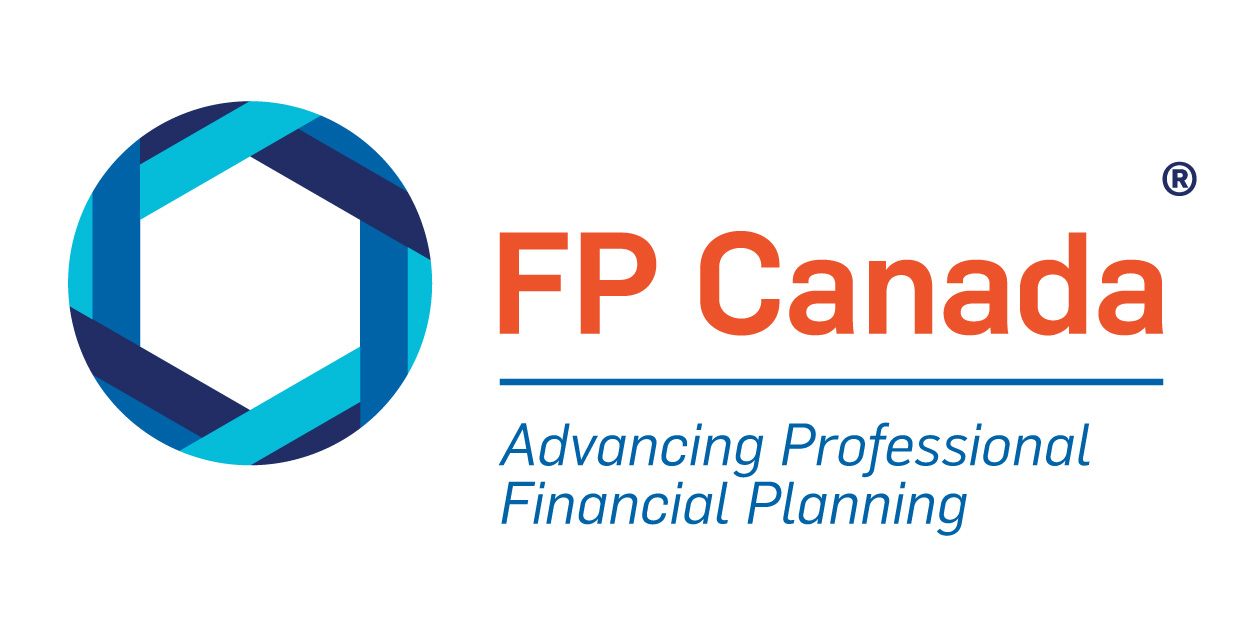Starting your dream business can be a life-changing experience. To make the most of it, consider working with a professional financial planner. The right expert can help you avoid financial pitfalls while you turn your dream into reality.
If you’re someone with an entrepreneurial spirit, the thought of starting your own business can be incredibly exciting. But before you take the leap and invest your valuable time and hard-earned money, it’s important to consider the financial implications.
Even a brilliant business idea can be financially risky, according to Al Nagy, a CFP® professional and Senior Financial Consultant with IG Wealth Management in Edmonton. He offers the following insights for aspiring business owners.
5 Financial Tips for Entrepreneurs
1. Keep costs down
‘’It’s best to minimize startup costs and avoid accumulating debt during the early phases of a new business,’’ says Nagy.
If you don’t need an office, consider working out of your home. You may also want to delay hiring employees until it’s necessary to do so. If your early expenses are high, it may difficult to survive your first few years. Keeping fixed costs down in the early stages is a crucial factor for long-term sustainability.
2. Gauge the competition
Conducting a thorough analysis of the market in which you plan to introduce your product or service is essential. Doing so will help you determine if there's a gap in the market, or if similar products or services already exist.
You may also want to conduct an online survey of potential buyers to gauge their needs and potential interest in a product or service like yours.
3. Secure funding
When it comes to the crucial startup funds, Nagy recommends financing your business with money you can afford to lose. In contrast, tapping into your RRSP savings could put your retirement at risk.
The image of entrepreneurs as risk takers is often romanticized. But minimizing financial risks wherever possible and planning for all possible outcomes can help you avoid some huge headaches.
Other sources of funding may include grants and benefit programs offered by federal and provincial governments. Aspiring entrepreneurs can access programs that offer extended employment insurance benefits during the startup phase, along with free business development training. Additionally, funding options are available through institutions like the Business Development Bank of Canada.
4. Be cautious with debt
Nagy cautions that it's important to learn the difference between good debt and bad debt when it comes to business expenses. “Good debt is an investment in your financial future, extending your education, and doing other things which can increase your earning potential,” he says. “Bad debt is purchasing unaffordable items on credit with no realistic repayment plan for them.”
Nagy stresses that there may be weeks or even months when you don't have a salary, particularly when you first launch your business. That's why it's crucial to have some personal savings set aside. These savings can help you sustain yourself and ensure the continuity of your business operations.
5. Assemble a team
Nagy recommends that aspiring entrepreneurs should form a well-rounded team of professionals. This team should include a CFP professional or QAFP® professional, a lawyer, and an accountant (depending on the complexity of your business). With these experts on your side, you can focus on operational matters and the day-to-day management of your business.
Here are a few more quick tips from Al Nagy:
- Approach your local chamber of commerce and consider the benefits of marketing your products or services through their channels.
- Take advantage of available programs and seminars for new entrepreneurs.
- Attend networking events to receive advice from business owners who have successfully navigated the journey to entrepreneurship.
To find a CFP professional or QAFP professional who can guide you financially as you're starting your business, use our
Find Your Planner tool.

 Find Your Financial Planner
Find Your Financial Planner

